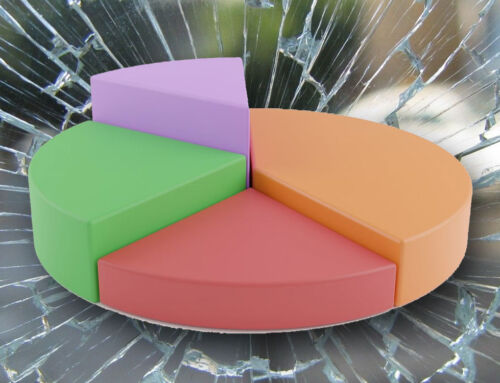If you find yourself a victim of a car accident, with injuries and financial losses, you may be wondering if you can sue the at-fault driver personally. The answer is yes, you can take legal action against the responsible party after a crash. Pursuing a successful lawsuit, however, requires various steps to establish liability and prove the other driver’s negligence. Navigating this process can be challenging, especially when you’re recovering from injuries and coping with damages. Fortunately, you have the option to seek the assistance of an Indiana personal injury attorney to handle your case. An experienced lawyer will investigate your accident, gather evidence, and build a strong case on your behalf.
To establish liability, your lawyer needs to demonstrate that the at-fault driver owed you a duty of care at the time of the collision. This duty of care implies that all drivers have an obligation to drive in a manner that ensures the safety of others on the road. By proving that you and the at-fault driver were both driving in the same vicinity during the accident, it becomes evident that the driver had a legal duty to drive responsibly and safely. In many cases, your attorney can negotiate with the at-fault driver’s insurance company to reach a fair settlement, therefore, pursuing the driver personally will not be necessary. This process often leads to an agreement, and you would receive compensation, concluding the case. However, if negotiations fail to cover your costs adequately, suing the driver personally might become necessary.
In situations where the at-fault driver is uninsured, you have two options:
• Suing the Driver Personally: You can pursue legal action against the individual driver for your damages. However, this may not yield significant results as many uninsured drivers lack the financial resources or net worth to compensate an injured party fully. In this instance, collectability of the defendant will be an issue.
• Filing an Uninsured Motorist Claim: Alternatively, you can turn to your own insurance company if you have uninsured/underinsured motorist (UM/UIM) coverage. This policy provides coverage up to a certain amount when you are hit by an uninsured or underinsured driver. However, this might not cover all your costs, and seeking damages from the at-fault driver could still be considered. It’s also worth noting that maintaining uninsured/underinsured motorist coverage (UM/UIM) isn’t required in Indiana, and many motorists reject this type of coverage in an effort to save money on their insurance premiums. If the insured chooses not to purchase this coverage, Indiana law requires that they must explicitly reject or waive the coverage in writing when it is offered on their policy.
Proving fault and liability after a car accident is crucial in pursuing a successful claim. You have the right to sue someone personally after a car accident if they were at fault, however, due to the potential challenges listed above, the preferable course of action is to go through the driver’s insurance company first. Engaging an experienced personal injury attorney can greatly assist in navigating the legal complexities and maximizing your chances of obtaining a favorable outcome. Remember to act swiftly and seek legal counsel to protect your rights and build a strong case in your favor.
If you’ve been involved in a car accident in Indiana, contact Hurst Limontes today to discuss your options. We have decades of combined experience fighting for our clients in any number of personal injury claims. We work on a contingency basis, meaning there is no cost to you unless we reach a settlement or jury verdict award on your behalf.
Call 317-636-0808 or complete the form below for a FREE and confidential consultation.





